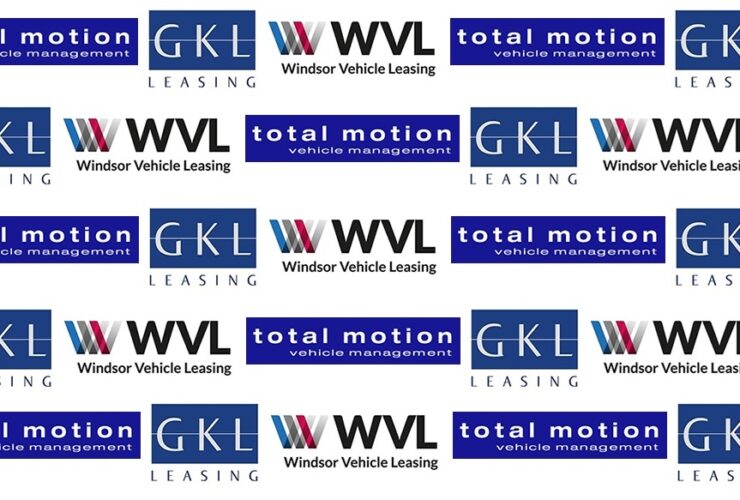DEMISTIFYING CAR LEASING by Robert Sayers of GKL Leasing
Over the past few years, there has been a steady decline in organisations offering company cars. However, a recent survey reveals this is still at over 71%, a surprisingly high level. What this figure hides is that over 85% of organisations offer car allowances. Given this fact, how does an employee go about acquiring their own vehicle.
HOW BEST TO FINANCE YOUR CAR
There are 3 main alternatives to consider when financing your car:
Personal Contract Purchase (PCP)
PCP dominates the car finance market and is by far the most popular way to finance a new car. According to the Society of Motor Manufacturers and Traders, (SMMT) approximately 80% of new cars in the UK are sold on PCP.
PCP is a form of funding where the driver rarely takes ownership of the car. Effectively, the depreciation over the initial period (typically between 24 and 36 months) is covered by the monthly payments. PCP agreements are for a fixed term and with an agreed mileage limit. At the end of the contract term, the driver has three options: (i) return the car and walk away (ii) pay a balloon payment (agreed at the commencement of the agreement) which is the estimated value of the vehicle at the end of the agreement, sometimes called the Guaranteed Future Value. As this can be quite a large amount, it may be possible to refinance the balloon. (iii) if the value of the car at the end of the agreement is greater than the Guaranteed Future Value, it may be possible to put this towards a new car and new PCP agreement.
Advantages of PCP
- Access to more expensive vehicles which may not be affordable under Hire Purchase (HP)
- Low initial upfront cost
- Relatively low monthly payments as the driver is effectively financing the car’s depreciation rather than the value of the vehicle
- The driver has options at the end of the agreement (as above)
Disadvantages of PCP
- Large balloon payment at the end of the agreement if the driver wishes to keep the vehicle
- The driver may incur charges for excess mileage or any damage beyond normal fair wear and tear. (It is essential to estimate as accurately as possible the expected annual mileage of the vehicle)
- Unless built into the PCP agreement, the driver will need to ensure the vehicle is serviced in line with the manufacturer’s requirements. Likewise, insurance and road tax
Personal Contract Hire (PCH)
PCH is essentially a fixed period rental agreement (usually 36 months) with a leasing company or bank. Once the end of the contract has been reached, the driver simply hands the vehicle back.
Advantages of PCH
- Ideal for those drivers who have no interest in ever owning the vehicle
- As with PCP, low fixed monthly payments and a flexible up-front payment
- No risk at the end of the agreement. The driver simply hands the vehicle back
- A maintenance package can be built in with the agreement so the only other expense for the driver would be fuel and insurance
- The vehicle would normally be covered by the manufacturer’s warranty (possibly with some mileage limitations)
Disadvantages of PCH
- As with PCP, the driver may incur charges for excess mileage or any damage beyond normal fair wear and tear
- The driver is tied in for the full duration of the agreement and there may be significant charges if there is a need to change or stop the contract.
- There is no option for the driver to own the vehicle at the end of the contract term
Hire Purchase (HP)
As the popularity of PCP has increased, so the appeal of HP has waned. In the year to March 2016 this had dropped to 15% of new car purchases. HP can work in certain circumstances. You pay off the amount borrowed more quickly, there is no big balloon payment at the end of the agreement and there is no need to try and accurately forecast the mileage you will cover over the course of the agreement.
Advantages of HP
- You own the car at the end of the agreement
- No need to estimate your annual mileage
Disadvantages of HP
- Monthly payments may be higher than some other finance options, such as PCP, as you’re paying off the full value of the car
- Lack of flexibility compared with PCP
Summary
As an individual, your agreement will be treated as a Regulated Deal under the Financial Conduct Authority and the funder will have to follow certain regulated procedures. Whichever route you take, you will be required to pass a credit check to secure your agreement and the funder will need to have explained to you the various forms of funding available, the key features of the agreement and carry out an affordability check.
Other points to consider with a PCP or PCH are that you will not be able to modify the car in any way without the permission of the leasing company. If you exceed the agreed mileage you may have to pay a significant penalty for the excess mileage. Lastly if you plan on taking the vehicle abroad, you will probably need to get written permission from the leasing company.
Whichever route you decide upon will largely depend on whether you want to have the option to purchase at the end of the agreement, the size of the monthly payments and whether you want a balloon payment. It is also worth noting that with both PCH and PCP, the lender can repossess the car without a court order, but with PCP, once the driver has paid at least a third of the total amount payable, the vehicle can’t be repossessed without a court order.
This article was written by Robert Sayers, a member of FD4 and a Non-Executive Director at GKL Leasing, a company authorised and regulated by The Finance Conduct Authority under registration number 314956 for credit-related regulated activities.
For all your vehicle leasing requirements please contact Robert on: [email protected]



